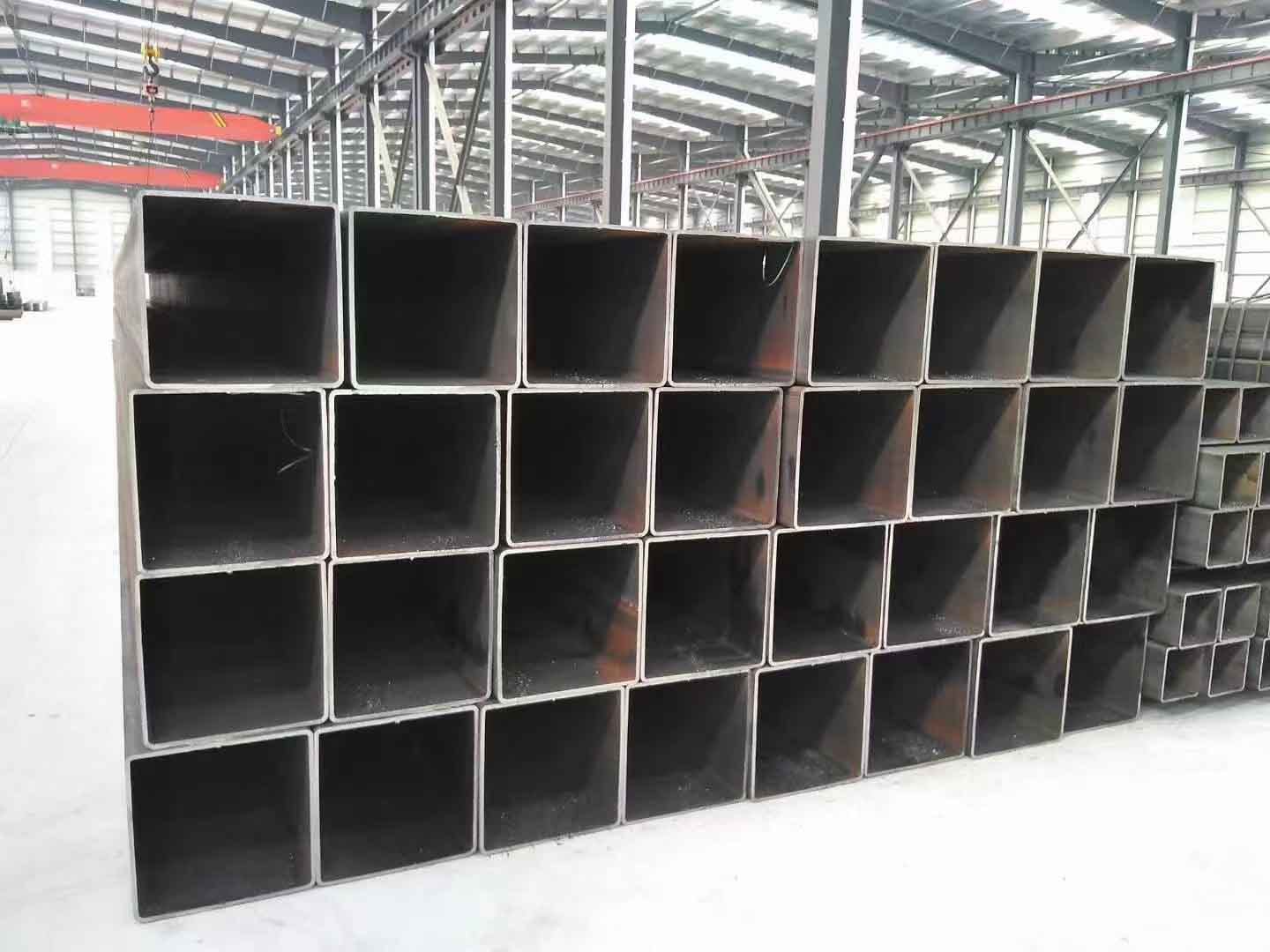Steel is classified as an alloy metal, made from other chemical components such as iron and carbon. Due to its high tensile strength and low cost, steel is widely used in many different ways in today's era, such as being made into square steel pipes, rectangular steel pipes, circular steel pipes, steel plates, irregular pipe fittings, structural profiles, etc., including the use of steel in the development of new technologies. Many industries rely on steel, including its use in construction, infrastructure, tools, ships, automobiles, machinery, electrical appliances, and weapons.
1. Steel expands significantly when heated.
All metals expand when heated, at least to some extent. Compared to many other metals, steel has a significant level of expansion. The range of coefficient of thermal expansion of steel is (10-20) × 10-6/K, the larger the coefficient of material, the greater its deformation after heating, and vice versa
Linear coefficient of thermal expansion α L definition:
The relative elongation of an object after a temperature increase of 1 ℃
The coefficient of thermal expansion is not a constant, but slightly changes with temperature and increases with temperature.
This may be applied in many fields, including the use of steel in green technology. In the field of promoting green energy technology in the 21st century, researchers and inventors are analyzing and considering expanding the ability of steel, even if the ambient temperature level further increases. The Eiffel Tower is the best example of the expansion rate of steel when heated. The Eiffel Tower is actually 6 inches taller in summer than at other times of the year.
2. Steel is surprisingly environmentally friendly.
More and more people are increasingly concerned about protecting the environment, and these people continue to find ways to contribute to protecting and even improving the world around us. In this regard, the use of steel is a means of making a positive contribution to the environment. At first glance, you may not think that steel is linked to "going green" or protecting the environment. The fact is that due to technological advancements in the late 20th and 21st centuries, steel has become one of the most environmentally friendly products. More importantly, steel can be reused. Unlike many other metals, steel does not lose any strength loss during the recycling process. This makes steel one of the most recycled items in the world today. Technological progress has led to a large amount of steel being recycled every year, and the net effect is far-reaching. Due to this evolution, the energy required to produce steel has decreased by more than half in the past 30 years. Reducing pollution by using much less energy brings significant environmental benefits.
3. Steel is universal.
Literally, steel is not only widely present and used on Earth, but iron is also the sixth most common element in the universe. The six elements of the universe are hydrogen, oxygen, iron, nitrogen, carbon, and calcium. These six elements are relatively high in content throughout the entire universe and are also the fundamental elements that make up the universe. Without these six elements as the foundation of the universe, there cannot be life, sustainable development, or eternal existence.
4. Steel is the core of technological progress.
The practice in China since the 1990s has proven that the growth of the national economy requires a strong steel industry as a supporting condition. Steel will still be the main structural material in the 21st century. From the perspective of world resource conditions, recyclability, performance and price, global economic development needs, and sustainable development, the steel industry will continue to develop and progress in the 21st century.

Post time: Apr-21-2023









